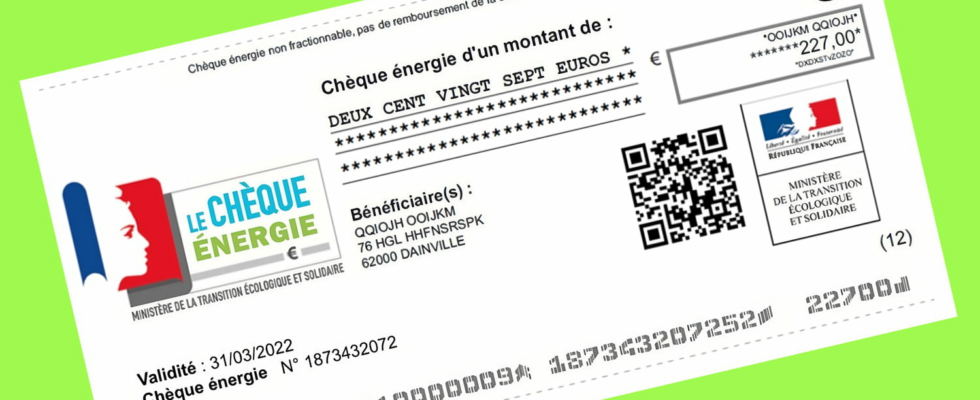As part of the 2025 finance bill, the Government has decided to change the rules for distributing valuable financial aid. And this is not good news for the beneficiaries.
Autumn is back, bringing with it torrential rains and much less pleasant temperatures, especially at night. Result: many are preparing to turn their heating back on – if they have not already done so. However, despite the stabilization of inflation, many households are looking to save on whatever they can, with the ends of the month remaining difficult for many households.
To combat energy poverty, the Government has put in place aid, such as the famous energy check, intended for the most modest households and the amount of which varies from 48 to 277 euros. 5.6 million households benefited from it in April 2024, or 20% of the population. Until now, their sending by mail was automatic. The Government relied on the reference tax income (RFR) and the housing tax to define the households which were entitled to it. Also, eligible people did not have to take any action.
However, there is a change for the 2025 edition. Indeed, the housing tax having been abolished, the 2025 finance bill provides for a reform of the energy check. According to article 60, the administration will now use the home’s electricity delivery point (PDL) and cross-reference this information with the reference tax income of a household to determine eligible households.
As a result, former beneficiaries should continue to receive the energy check automatically, provided that they still meet the income conditions. But this will not be the case for newly eligible people, who will have to report via an online platform, similar to the one launched in 2024. This will be the case, for example, for students or new entrants into working life.
This reform is not good news and many associations, starting with the CLCV (Consumption Housing Framework of Life), are alarmed. In fact, the automation of the device guaranteed a good utilization rate. On the contrary, this solution will penalize new beneficiaries and those affected by electronics, causing many non-recourse.
The Abbé Pierre Foundation, for example, predicts a non-recourse rate of 50%, or even more. The associations point out that only 3% of potential new beneficiaries of the energy check in 2024 have obtained it to date. Likewise, only 20% of the expected beneficiaries had claimed the wood and fuel oil checks offered at the end of 2022. Figures which do not bode well…
Consumer associations are stunned by this decision. They have the feeling that the Government is deliberately making access to the energy check more complex to make budgetary savings to the detriment of the most deprived. They therefore call on it to be based on the reference tax income only in order to automate the allocation of the energy check, as well as to increase the amount of this aid. And this will not be refused, given that electricity prices are expected to increase further at the beginning of 2025…
